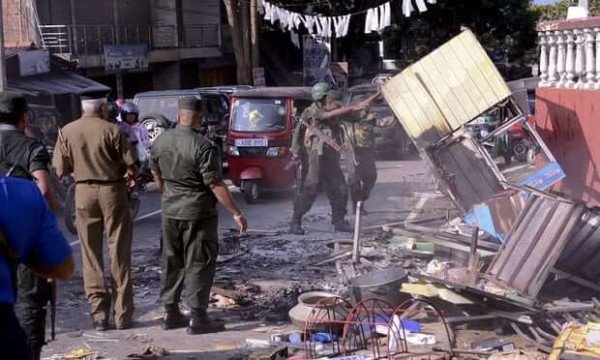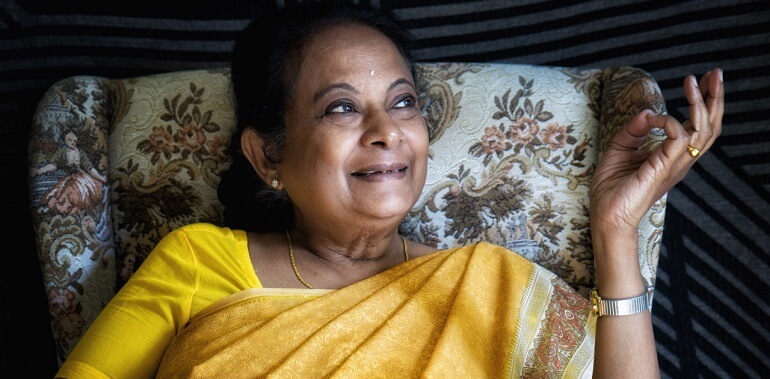
Since we first shared the Tamil Survival Stories project, Brami Jegan's photographic journey into the survival of the Eelam Tamils, the preservation of their identity across the globe, and the role of women in this story has continued to evolve.
In the face of dominant narratives of victory against terrorism and restoration of order, her work aims to contribute to the story of Tamil survival and ensure that at least part of the history is written from that point of view.
On Feminism
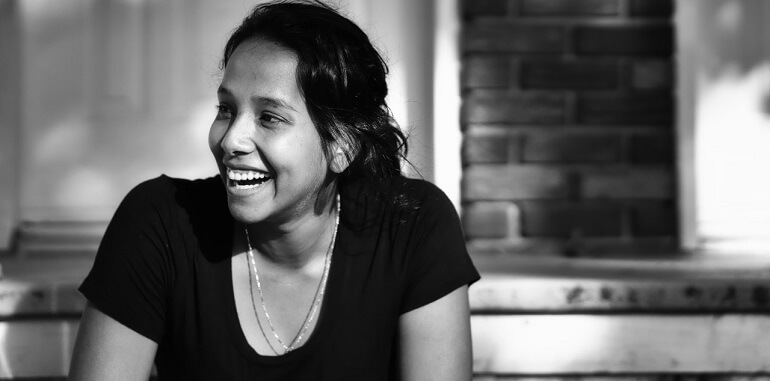
SUBITHA Montreal, Canada
Recently a male Tamil friend said to me “Subi you are such a good girl because you don’t drink”. In reply I said: “you have a drink in your hand, does that mean you are a bad person? Why is it ok for you to drink? Do you think being a male gives you such privileges?”
I often feel like I am fighting two wars - one for gender equality and the other for my people. If our community will fight for the rights and freedom of the Eelam Tamils, why do they think it’s okay to discriminate against women?
Discriminating against women is a setback for all of humanity...read more.
On Migration In 1965
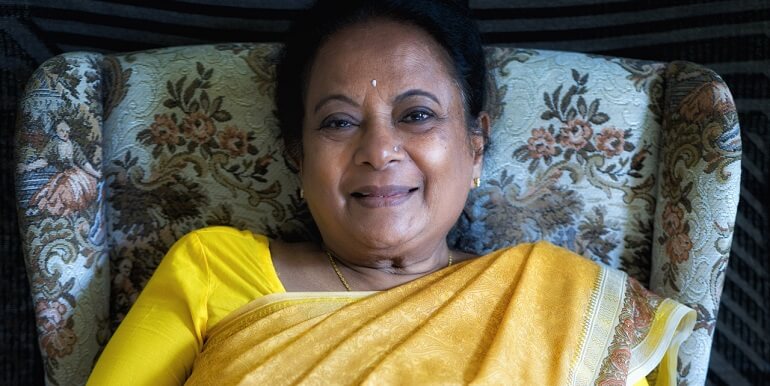 INDRA
INDRA
London, United Kingdom
1965 Our ship was like a floating luxury village. I shared a berth with the three other single Tamil women on the boat, who like me, were heading to the UK to study nursing.
Before we awoke, a newsletter would be pushed under our door, which detailed the news and events of the day. With a tap on the door a crew member would serve us biscuits and orange juice – we would still be in our nighties. Sometime in the morning our sheets would be changed. It was like nothing we had experienced before.
Between 8 and 10am we would be served an English breakfast in a large and very posh dining hall. We had a choice of fruits, cereals, bacon and eggs, juices and breads. We tried most things with curiosity and timidity.
I mostly remember missing home and being heartbroken that I was enjoying such such comforts without my parents and siblings. Even eating an apple was painful...read more.
On Incarceration and Torture
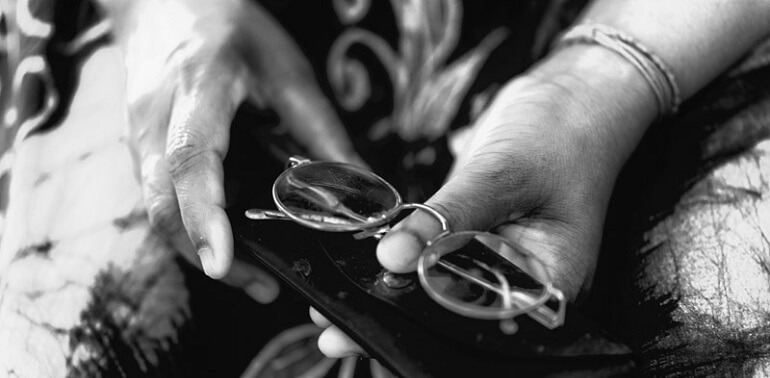
KATPAKAM* Toronto, Canada
It was a day in January 1986 when thambi (little brother) was taken into custody for the first time. Thambi left home as usual for his job as a postman. There was an obvious increase in Sri Lankan Army presence in the area. He did hesitate to be on the road, but felt little threat and continued delivering letters.
They only reason we knew what happened that morning is because our anna (big brother) saw the army put his bicycle into their truck.
For a week amma went to the army camps looking for him. Appa was too old to help with the search. The rest of us went into the forests looking for his body. A fortune teller told amma he was alive and that we would see him by a certain date. Amma continued to go to bases and beg the army for information...read more.
On Identity And The Loss Of Language
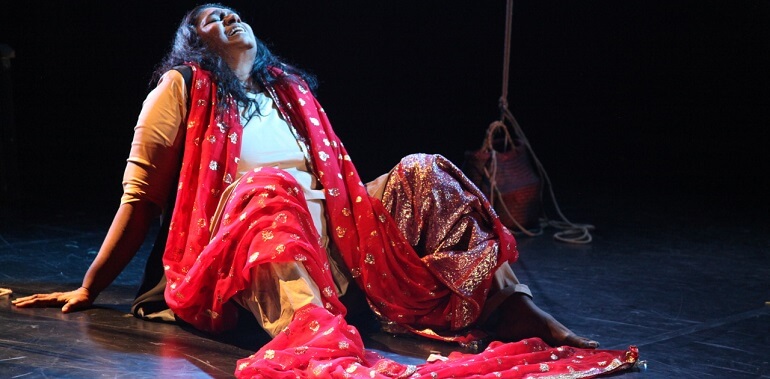
RANI
United Kingdom
I resent the fact that I dream in English, that I have most facility in a language that really isn’t my own. And that the tongue twisting wonderful nuances of the Tamil dravidian culture wasn’t completely entrenched in my upbringing. I remember my grandmother who was illiterate saying things in glorious Tamil, completely idiomatic and beautiful that i just wish some of us would have recognised as being poetic. A chicken would walk across the courtyard and she would sing it in Tamil that was so rich and came out of her life in Jaffna. Why didn’t we value it enough to record it?
On a personal level there has to be a sense of – ok you are daughter of specific individuals, you are in a family fold that is very particular to you and that informs the communal, the shared. I want to feel that I belong to the Tamil diaspora, but that is complicated. In order to belong, one has to lose something. One has to hide something. So sometimes you can’t be your authentic self, and there is a lot of suspicion...read more.
On Being A Refugee
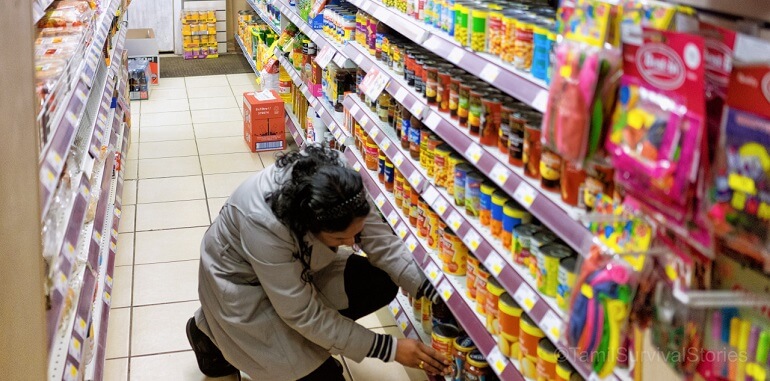
United Kingdom
My younger son once said to me, amma you are lucky. When I asked him why – he said “you had goats and cows in your home when you were growing up. We have to go to the zoo to see animals”.
My children now have an opportunity to have a good education, job and material comforts, but they are going to miss out on many things that are important in life – nature, community, culture and language.
Before the war, we had our aunts, uncles, grandparents all around us and our lives were so much richer for it. When Tamils started fleeing the island, these family and community bonds broke down.
The first person in my family to leave Sri Lanka was my elder brother. In 1985 he had travelled to Jaffna to check his A-level results. Our family was living in Kilinochchi. They army was doing their regular round up of young men and he was captured. He was taken to Palali prison and locked up for 120 or so days and interrogated. As soon as he was released, my parents sold my mother’s jewellery, borrowed money from our relatives and sent him overseas. Overtime he got the rest of the family out.
I never wanted to leave my country and I never imagined I would...read more.
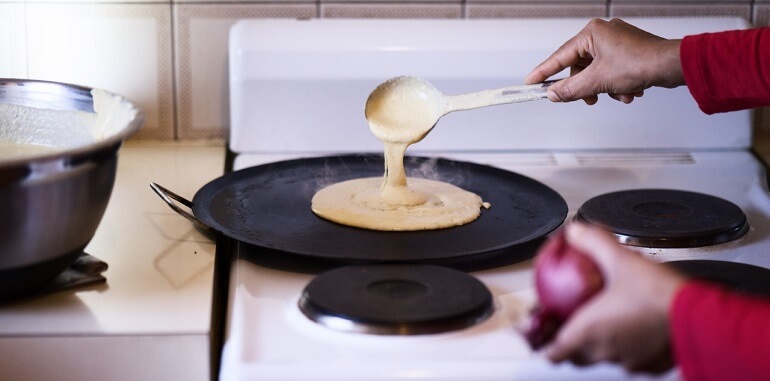
ARUL*
16 May 2009, night. Fifty meters away from where we had taken refuge for the night was a three-meter high dirt mound (referred to as a ‘bund’) separating us from the territory captured by the Sri Lankan army. The bund could be described as man-made built with dirt and sand. It could have been built by the Tigers or army as part of their military strategy. A gap of about six meters wide had been cut out of the bund. It is likely this gap was carved out by the army to manage the flow of Tamils moving into their territory. We would cross this in the morning if we survived the night’s shelling...read more.
On Solidarity
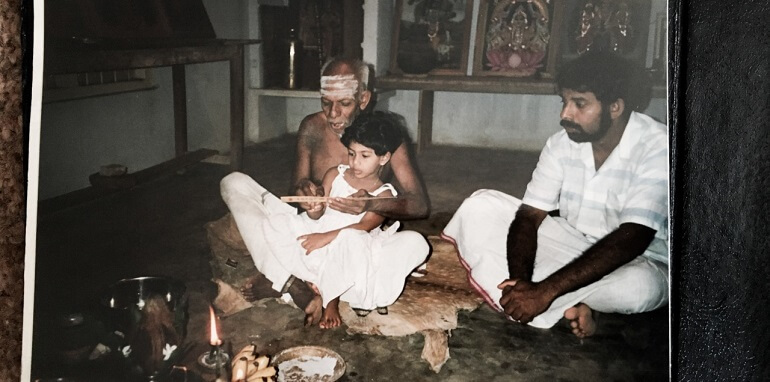
BRINTHA
London, UK
My dad is a feminist and raised me to be one too. He taught me from a young age not to judge other women and made sure my brother and I were brought up with the same rules. I was never told how to dress or how long I could stay out. I learnt of the ingrained patriarchy in our culture through experiences outside our home. And now I see the sexism manifest itself in everyday life and this makes me want to fight for my identity as a woman and as a Tamil.
The violence in Sri Lanka has also opened my eyes to the struggles of other oppressed minority groups that we rarely hear about, like the Kashmiris, the Kurds...read more.







